9 GPTs for Post-Op Powered by AI for Free of 2026
AI GPTs for Post-Op refer to advanced generative pre-trained transformer models specifically developed or adapted for post-operative care and recovery. These AI tools leverage natural language processing to understand and generate human-like text, providing tailored support and information in the post-operative context. They are designed to assist in patient education, recovery tracking, and providing personalized health recommendations, thereby playing a crucial role in enhancing patient care and support after surgical procedures.
Top 9 GPTs for Post-Op are: Sara,Dr. Raven's Comprehensive Ortho-bot,Plastic Surgery in Turkey Assistant,Dr. Hair,🦴 OrthoPro Surgery Assistant 🩺,BeautGPT - Cosmetic Procedure Companion,👄✨ BeautySculpt AI Consultant 🦋🔍,OralMax Surgeon's Assistant 🦷🤖,🦴 AI Ortho-Consultant Assistant 🩺
Sara
Personalized post-rhinoplasty care at your fingertips.
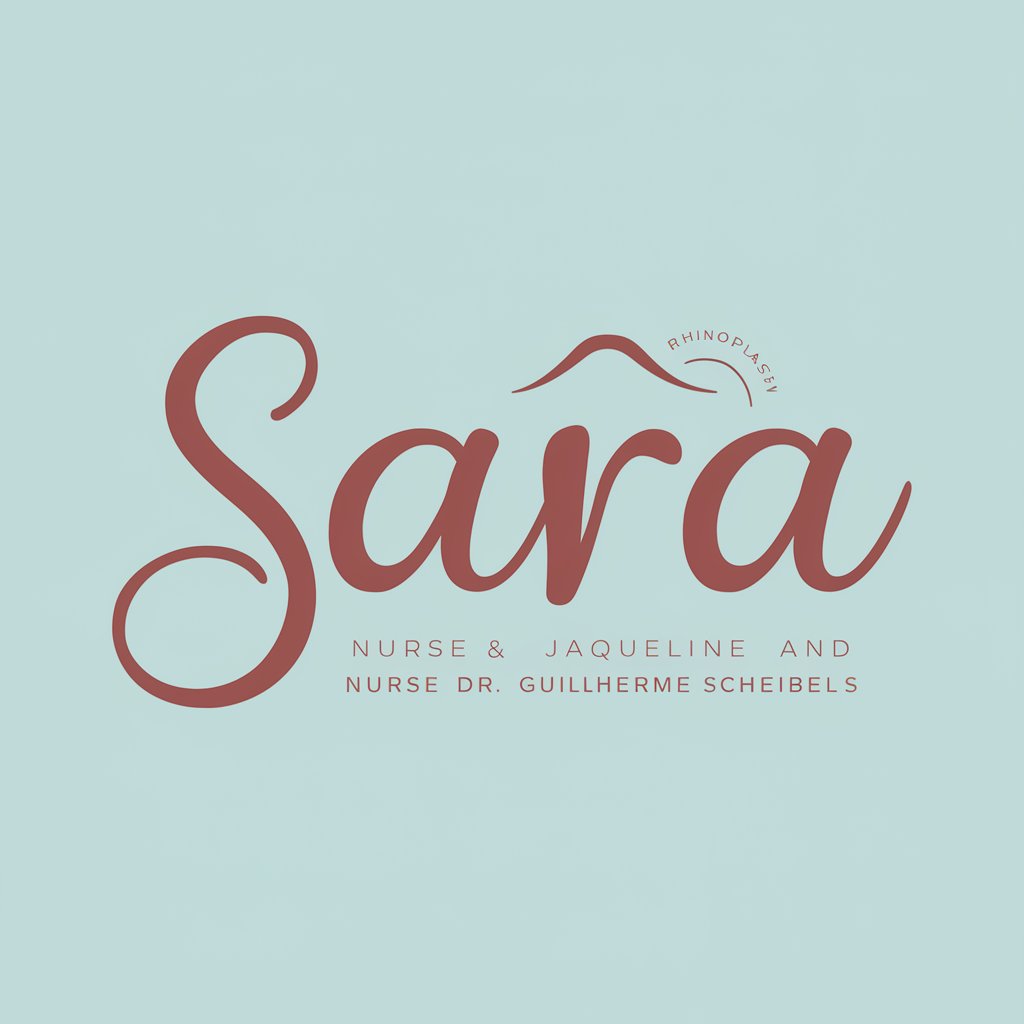
Dr. Raven's Comprehensive Ortho-bot
AI-Powered Orthopedic Guidance
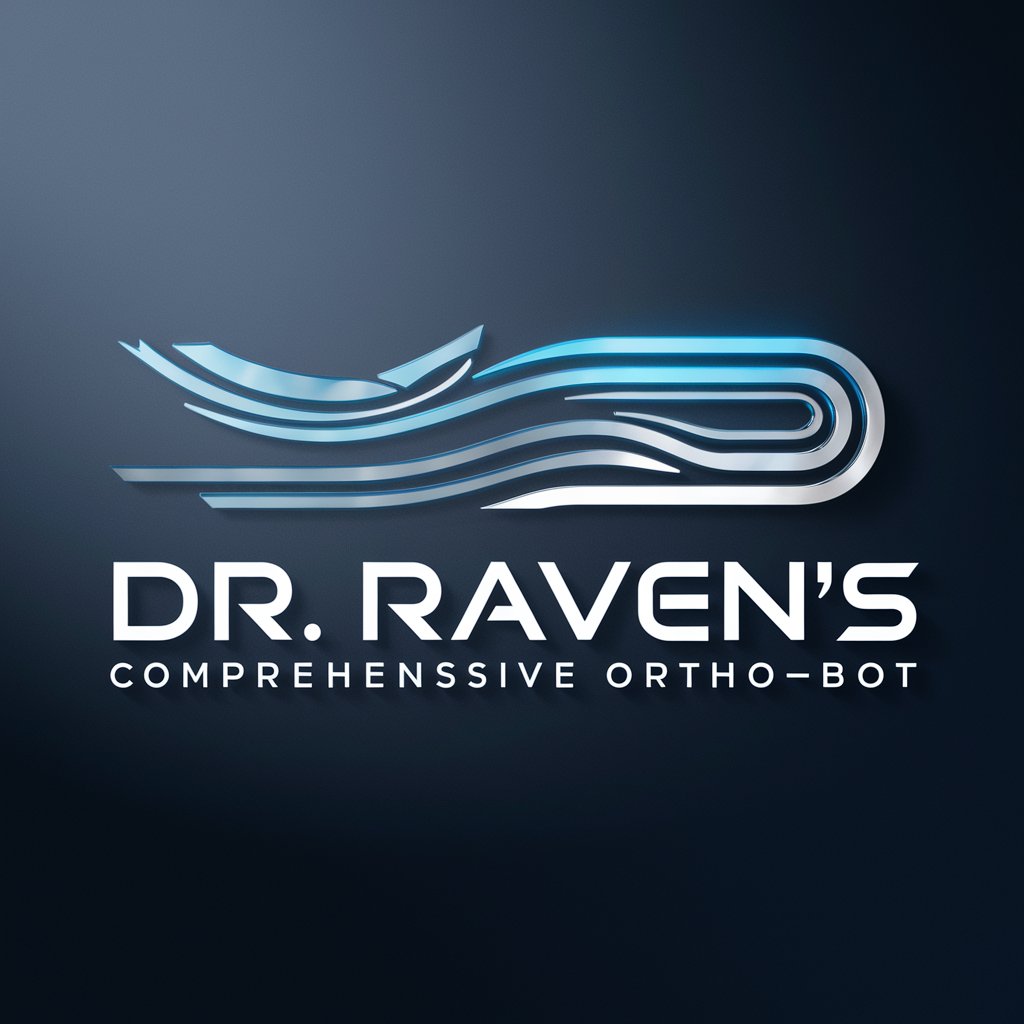
Plastic Surgery in Turkey Assistant
AI-powered Guidance for Plastic Surgery in Turkey
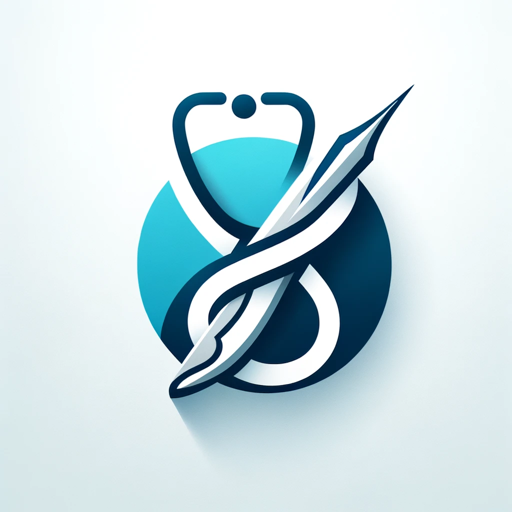
Dr. Hair
Transforming Hair Care with AI
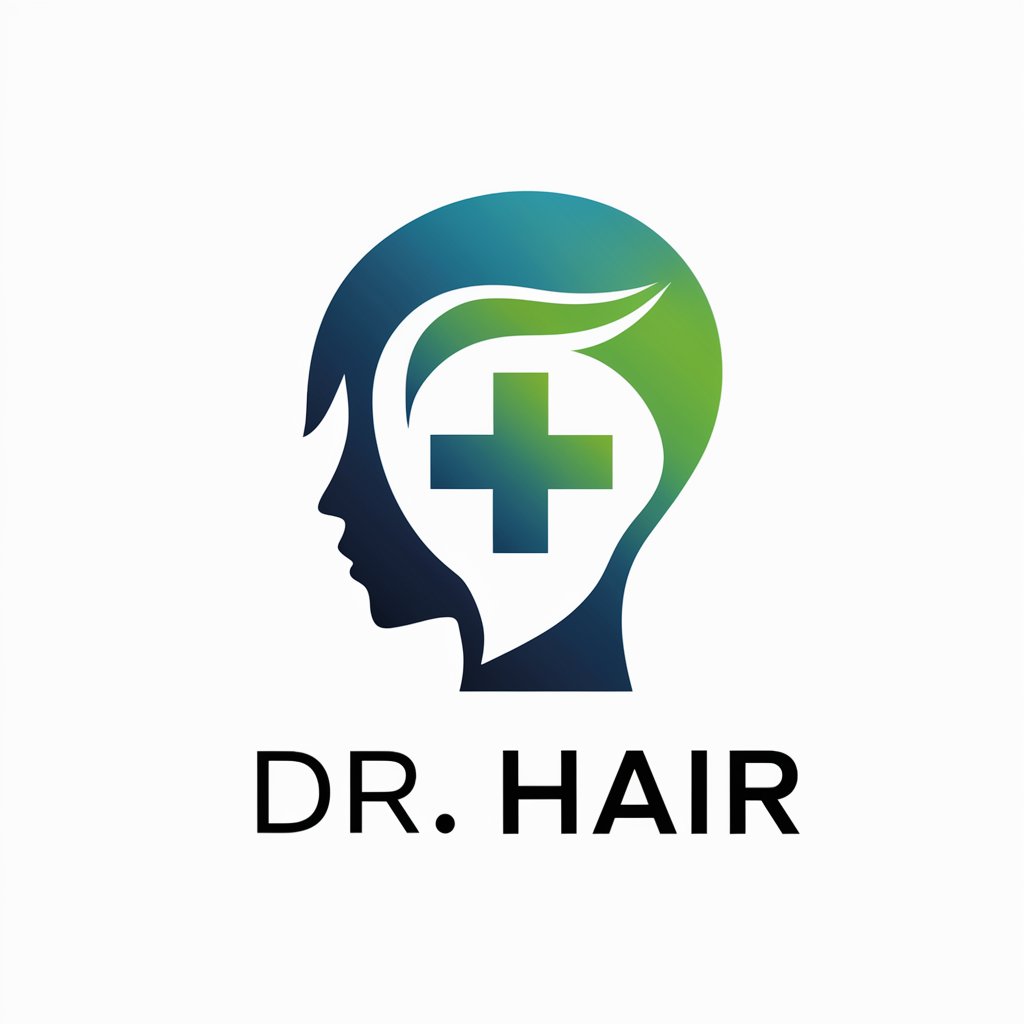
🦴 OrthoPro Surgery Assistant 🩺
Empowering Surgical Precision with AI
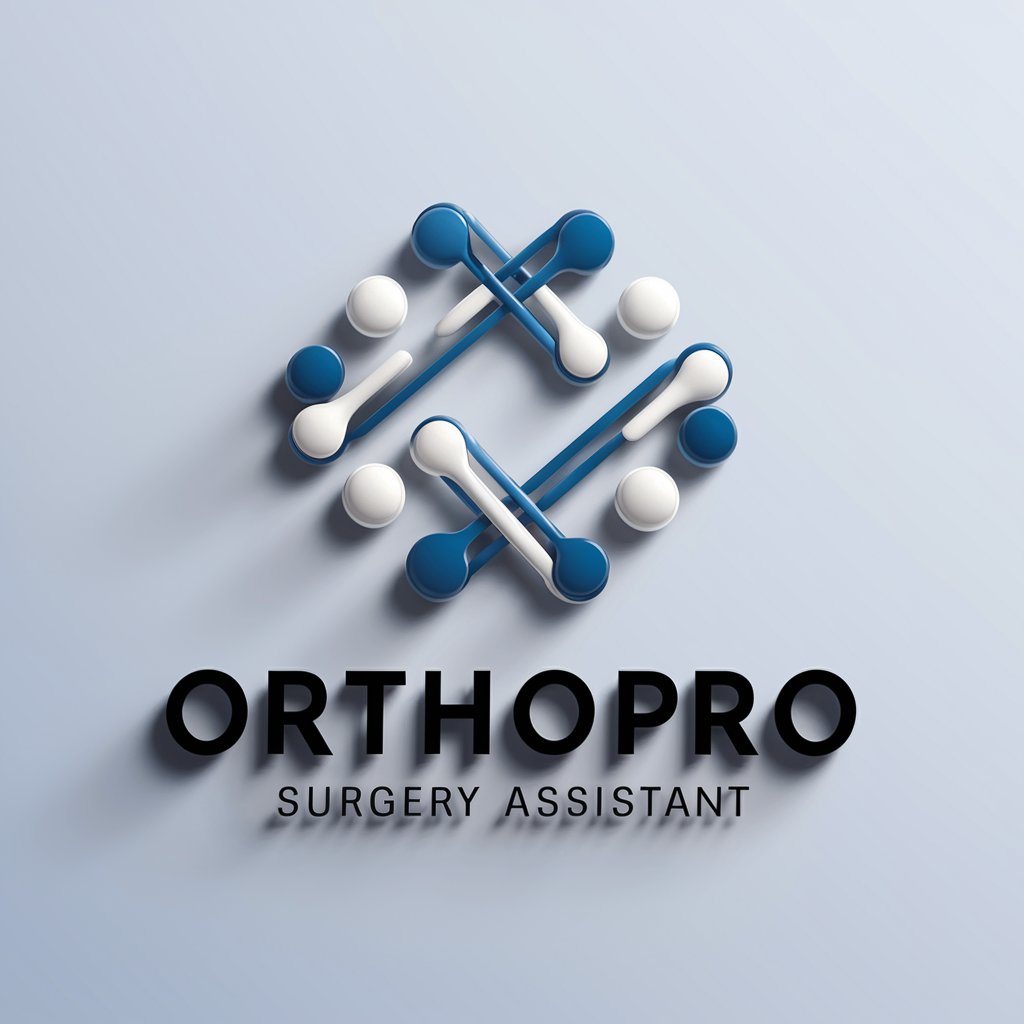
BeautGPT - Cosmetic Procedure Companion
Empowering your cosmetic surgery journey with AI

👄✨ BeautySculpt AI Consultant 🦋🔍
Visualize Your Beauty Transformation
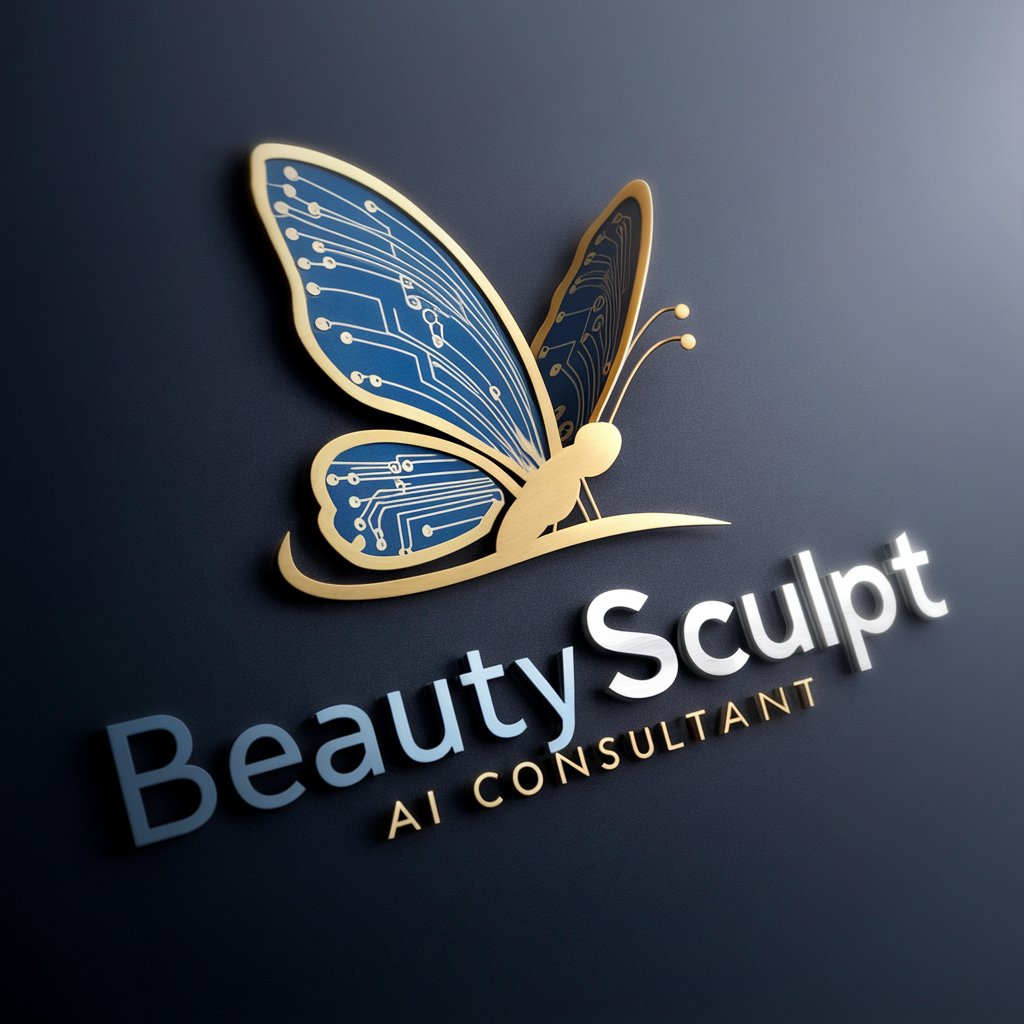
OralMax Surgeon's Assistant 🦷🤖
Empowering dental care with AI insights
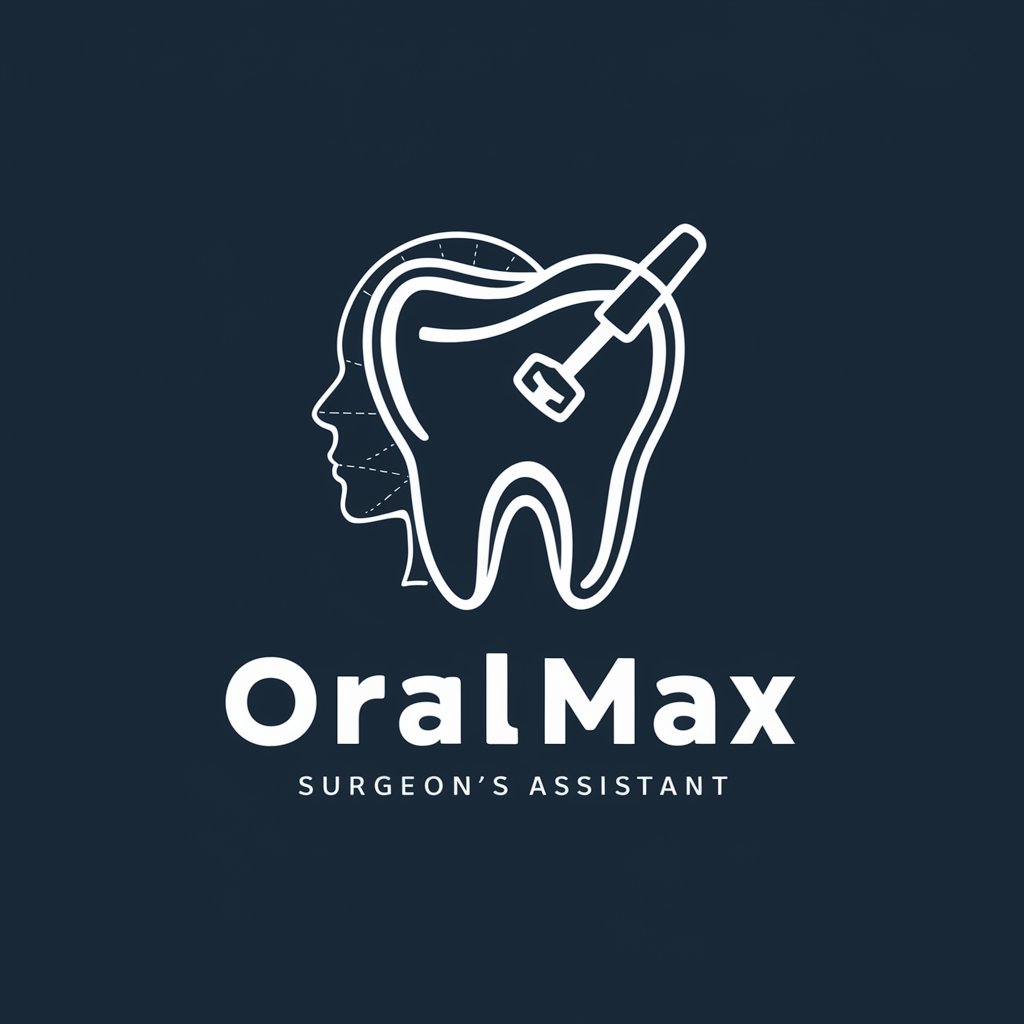
🦴 AI Ortho-Consultant Assistant 🩺
Empowering Orthopedic Knowledge with AI
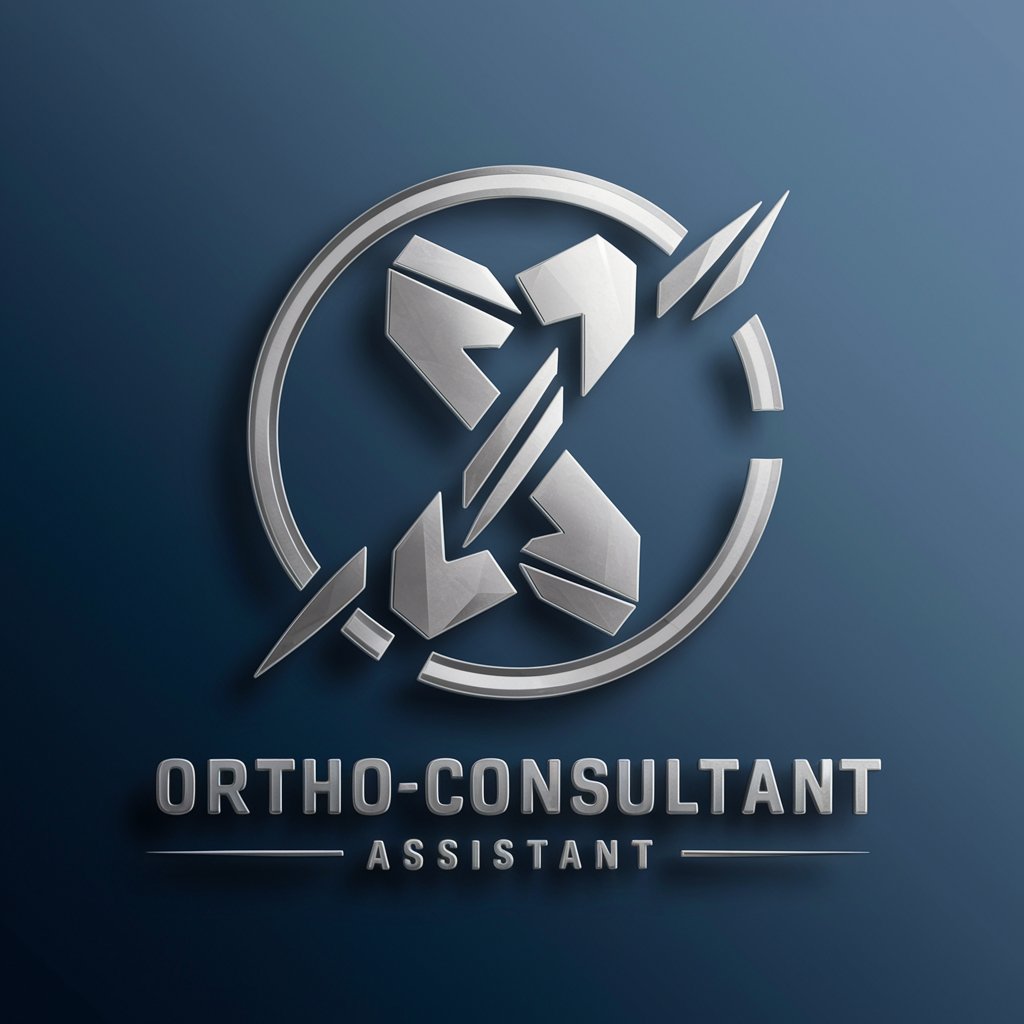
Essential Characteristics of Post-Op AI GPTs
These AI GPT tools for Post-Op are characterized by their adaptability, precision, and user-friendly interfaces. They offer real-time language understanding, making them capable of engaging in interactive dialogues with users. Features include personalized recovery plans, pain management advice, symptom tracking, and the provision of medically accurate information. Special capabilities like data analysis and image interpretation can further assist in monitoring wound healing and identifying potential complications, thus ensuring a well-informed and safer recovery process.
Who Benefits from Post-Op AI GPT Tools
The primary beneficiaries of AI GPTs for Post-Op include patients recovering from surgery, healthcare professionals, and caregivers. These tools are designed to be intuitive, making them accessible to individuals without technical expertise, while also offering extensive customization options for developers and medical professionals seeking to tailor the tools to specific post-operative care protocols or integrate them with existing health management systems.
Try Our other AI GPTs tools for Free
Package Documentation
Discover how AI GPTs for Package Documentation revolutionize the creation and management of software documentation, making it more accessible, accurate, and up-to-date.
Package Publishing
Discover how AI GPTs for Package Publishing are revolutionizing software development with automated tools for efficient and error-free package management.
Oral Education
Discover how AI GPT tools transform Oral Education with interactive learning, personalized feedback, and a wide range of features for language learners and educators.
Refunds Compensation
Discover how AI GPTs for Refunds Compensation revolutionize customer service with tailored, efficient solutions for managing refund and compensation requests.
Ethereum Contracts
Explore the power of AI GPTs tailored for Ethereum Contracts, enhancing your blockchain activities with advanced, intelligent support.
Food Advice
Discover how AI GPTs for Food Advice can transform your dietary habits with personalized meal suggestions, nutrition advice, and more.
Further Perspectives on Customized Post-Op AI Solutions
AI GPTs for Post-Op not only facilitate personalized patient care but also offer scalability and adaptability across various medical specialties. Their integration into healthcare systems can significantly enhance patient engagement, streamline post-operative follow-ups, and contribute to more efficient and effective recovery processes. The user-friendly nature of these tools further democratizes access to quality post-operative care, making advanced healthcare support more widely available.
Frequently Asked Questions
What exactly are AI GPTs for Post-Op?
AI GPTs for Post-Op are specialized AI tools leveraging generative pre-trained transformers to support post-operative care and patient recovery with tailored, interactive assistance.
How can AI GPT tools assist in post-operative care?
They provide personalized care plans, manage pain and symptom tracking, offer medical information, and support interactive patient engagement, enhancing the post-operative recovery experience.
Are these tools accessible to individuals without programming skills?
Yes, they are designed with user-friendly interfaces that require no programming knowledge, allowing easy access for patients and healthcare providers alike.
Can professionals customize these AI GPT tools?
Absolutely, developers and medical professionals can tailor the tools to specific needs, ensuring they align with unique post-operative protocols and integrate seamlessly with existing systems.
Do these AI tools support multiple languages?
Many AI GPTs for Post-Op are equipped with multilingual capabilities, making them accessible to a diverse patient population.
How do these tools ensure the privacy and security of patient data?
They adhere to strict data protection and privacy regulations, employing advanced security measures to safeguard sensitive patient information.
Can AI GPTs for Post-Op diagnose medical conditions?
While they can provide information and support based on symptoms, they are not a substitute for professional medical diagnosis or treatment.
Are there any limitations to the use of AI GPTs in post-operative care?
While highly beneficial, these tools should complement, not replace, professional medical advice and personal care, and their effectiveness may vary based on individual patient needs and conditions.